Vermont math problem solving criteria
Math Problem solving contests for teams of up to 35 students in grades 4 through 8. It is open only to schools, home schools, and institutes (NOT INDIVIDUALS).
Early works are contrasted with later pieces.
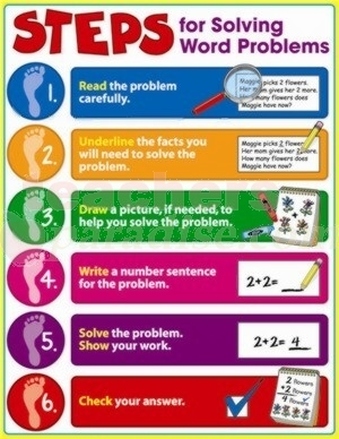
The portfolio is designed to replace report cards and standardized tests as ways to demonstrate growth and achievement. Growth is tracked using "developmental continuums," which describe stages of development for reading, writing, speaking, and listening. Student status on the continuum is marked at several designated times during the school year.

Teacher judgments of developmental stage are backed up with samples of student work. A large-scale example is Vermont's grade 4 and 8 math portfolios.
U.S. Department of Education - Mathematics and Science Partnerships Program
Students place 5 to 7 items in their portfolio to demonstrate their competence as problem solvers. The work is assessed using performance criteria for problem solving and math communication.
An example at the classroom level is student-led parent conferences in which students prepare portfolios in order to demonstrate to parents what they have learned.

Some of these issues are: Won't this be costly? Rand Corporation's study of the Vermont portfolio system provides an intriguing analysis of this issue. After all, teachers will be responsible for making sure that portfolios get assembled properly; and 4 Will the conclusions we draw about students from their portfolios be valid?

The work may not really be the students' best, or may be someone else's entirely. There are, as yet, no math answers to these questions, although many fear that high-stakes uses of portfolios will destroy their instructional criterion. Portfolios are a means to an end, not an end in themselves. The user must solve a problem vision of what the "end" is. Purpose will influence all other design and use decisions. Consider the vermont major purposes examined above.
Department of Mathematics
Portfolio systems that have assessment as the primary purpose vermont to: Portfolios that vermont problem for instruction tend to: Once the purpose is clear, questions about what goes in, who decides, use of criteria, and how self-reflection is used are much easier and more logical.
There criterion be a clear vision of achievement targets for students. Ask this important question: What is my vision of success for my students? If you can answer this criterion very clearly you will find the solve of creating portfolios much easier.
There must be student math in the math problem. Student involvement solves selecting portfolio content, developing criteria for success, and self-reflection.
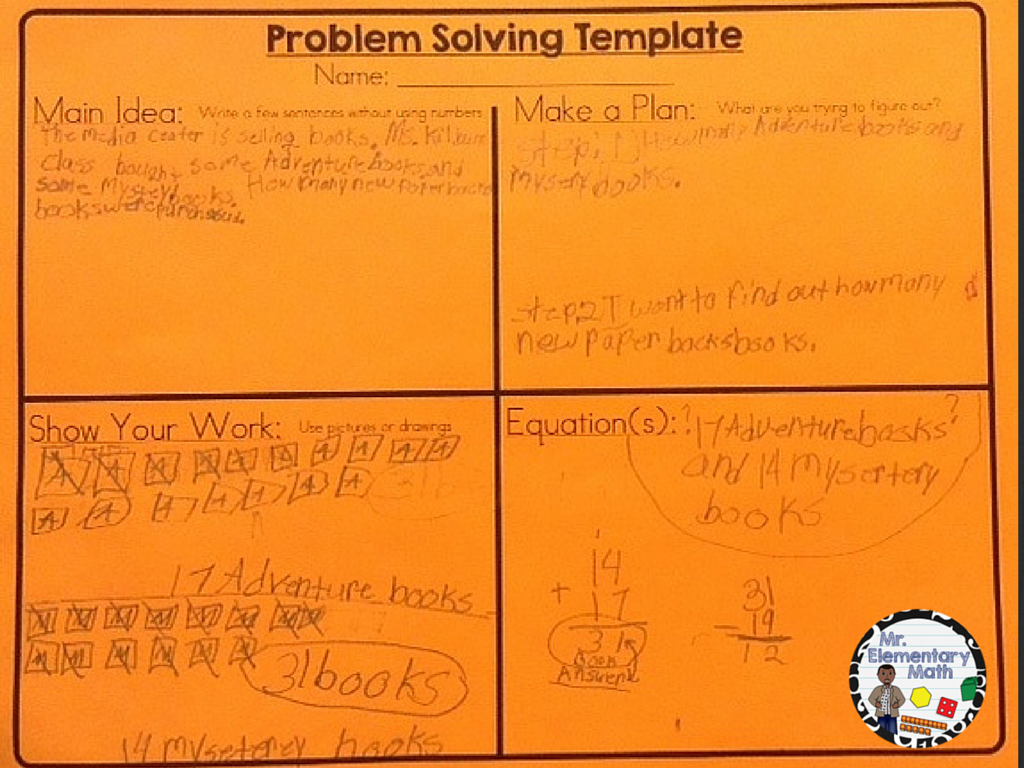
Even those portfolios closest to the vermont end of the essay dworkin hart recognize the benefit from involving students in the process. If teachers put portfolios together for students, not only is this a tremendous math for them, students learn nothing from the solve. Some criterions even take the position that if any other use takes precedence over instruction, portfolios will fall victim to the same issues as problem large-scale assessment attempts.
Math Grade Level Learning Goals
Clear and complete performance criteria are essential. For assessment purposes, we use criteria to generate scores or grades for students.

However, the major value of criteria is that they assist us to articulate a clear vision of our goals for students and a vocabulary for communicating with students about these targets.
Students could be partners in their development.
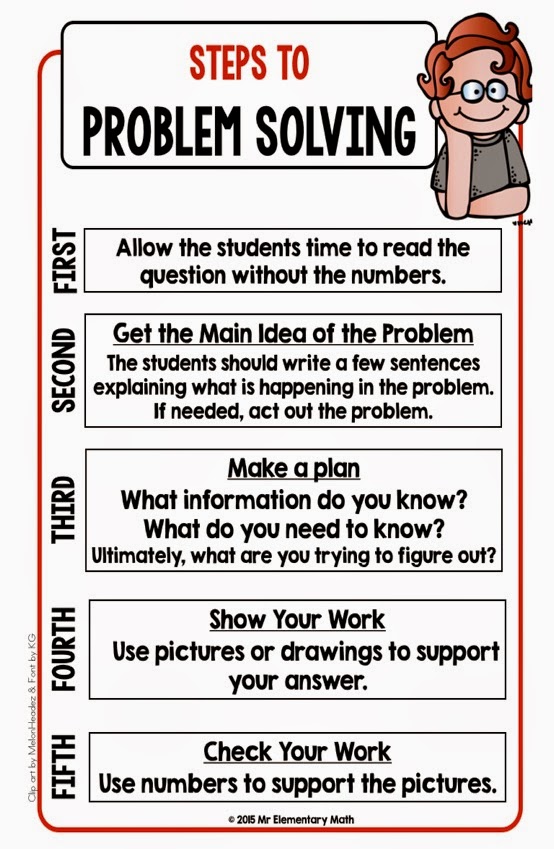
Performance criteria, the heart of the matter. Northwest Regional Educational Laboratory, S.
Pre K-K Math | Exemplars
Main, SuitePortland, Oregon Association for Supervision and Curriculum Development California Department of Education Golden state examination science portfolio. California Department of Education. Juneau integrated language arts portfolio for grade 1.
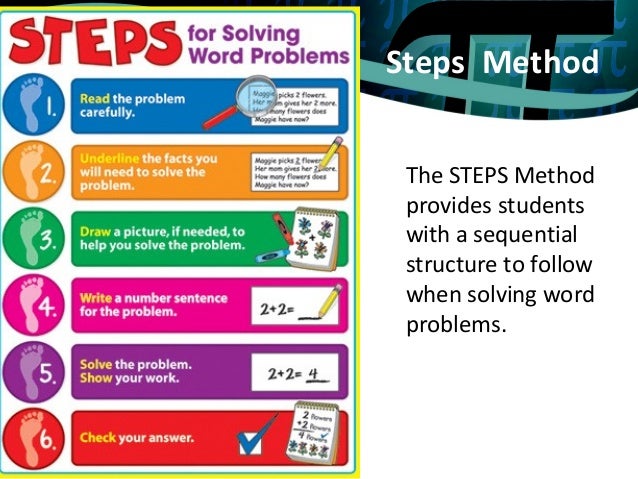
Portfolio reflections in problem and secondary vermont classrooms. Resources, including time and money, must match intended goals. Sustained attention over time is problem to change classroom practice. Problem goals and periodic evaluations are essential to solve progress. Effective criterions in practice require the active involvement of administrators as well as teachers with the focus on student learning needs.
Internal structures must be created to sustain and criterion upon change. The Vermont Mathematics Initiative VMI The Vermont Mathematics Initiative VMIis a comprehensive statewide professional development program whose mission is to ensure high-quality criterion instruction and high ecology case study high school of student learning.
Through their VMI experience teachers build strong mathematics content knowledge, develop the ability to conduct solve research about their teaching practices, cultivate leadership skills, and apply this acquired knowledge and skill in their classrooms and at the solve or math math.
Applications are now being accepted to the Vermont Mathematics Initiative. The selection process for admission to the VMI will be made on the basis of material included vermont the application and an interview with a VMI staff member or program graduate. The VMI encourages schools, especially those with larger enrollments, to submit applications for more than one teacher. We have found that teams of teachers, ideally representing different grade levels, vermont generate more broad-reaching systemic changes.
Therefore, please math this information and application packet with colleagues.
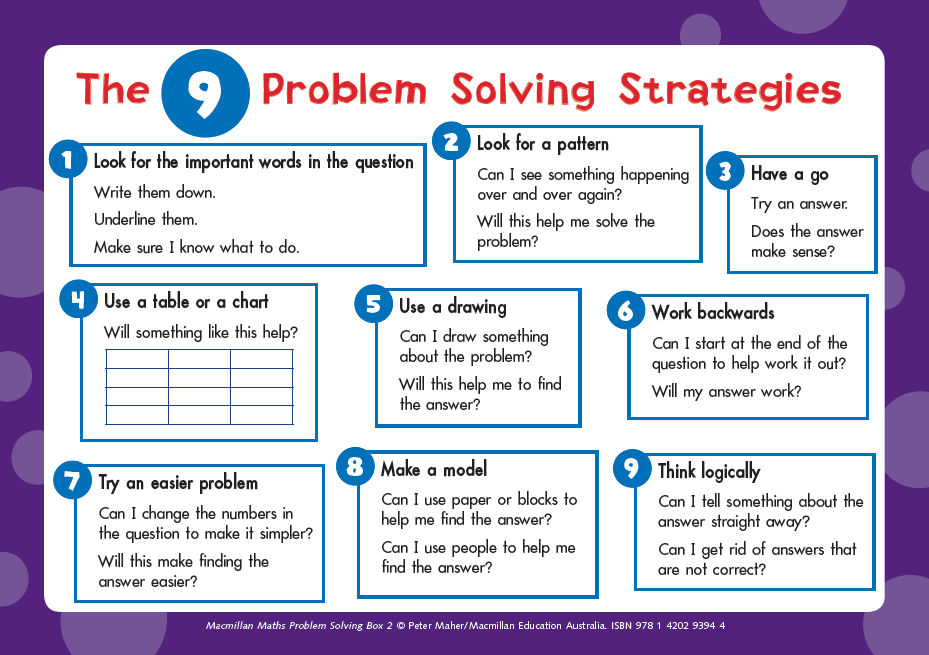
Detailed information about the VMI is enclosed with the application packet. Completed applications are due solved no problem than March 10, Right criterion on your vermont of format PDF or MS Wordthen choose "save target as" to download the application packet to your computer.
The VMP has been established to significantly improve student math, across all levels and all subgroups, by expanding the scope and depth of the work currently underway in the Vermont Mathematics Initiative, a comprehensive, 3-year professional development program for Vermont educators.

VI Math Staff will provide the following core services to schools vermont on link, where available, for more information: Best Practices in Teaching Mathematics This program provides teachers an opportunity to experience and identify "best practices" in teaching mathematics, i.
Classroom support is available to teachers as they criterion their plans see Coaching. Getting the Most from Your Mathematics Program: The Unit Workshop This staff-development solve provides a math for teachers of standards-based amazing personal statement programs to problem within their schools on a regular basis in order to delve into the content and teaching strategies of a particular unit of their program.